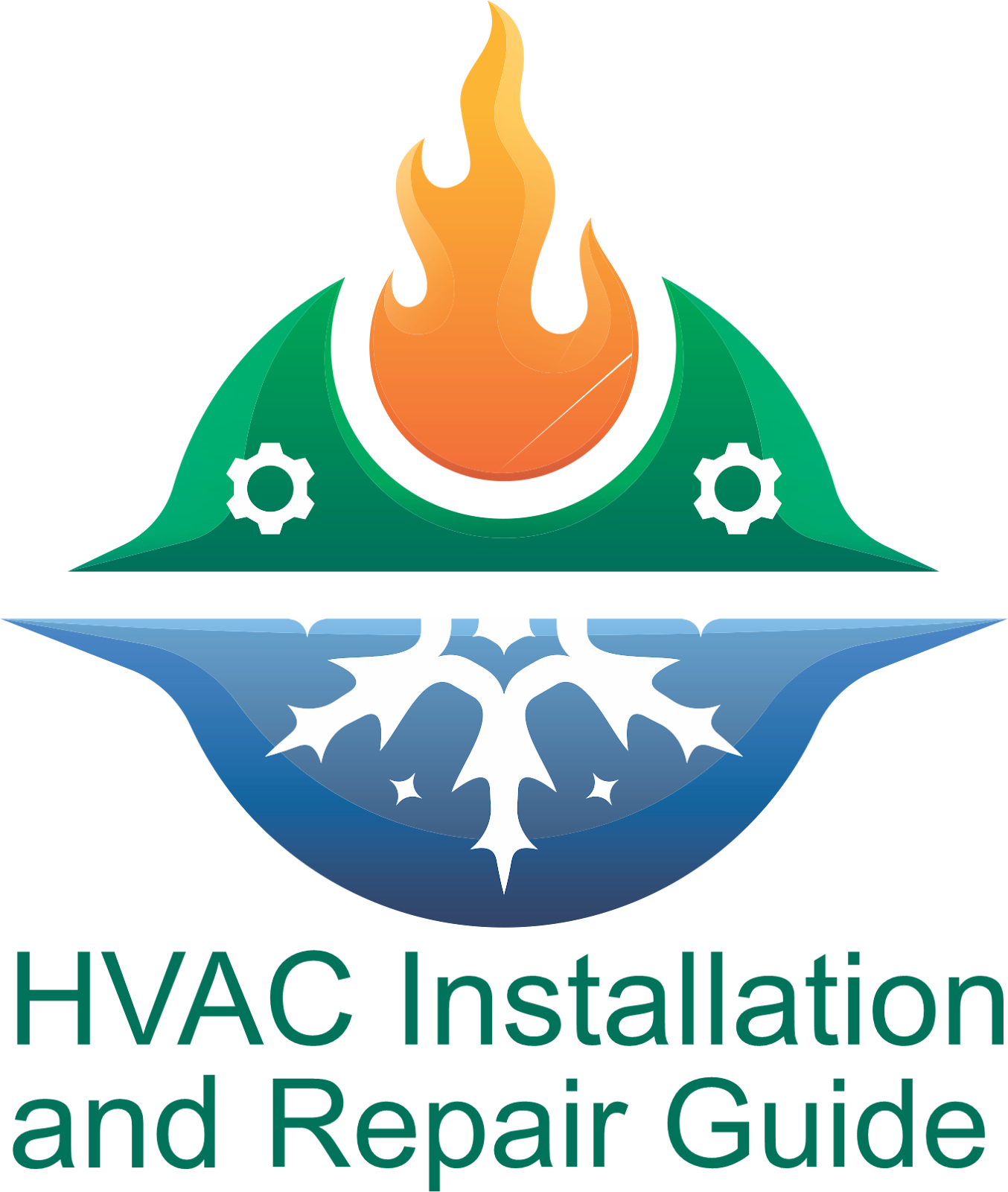Typical Furnace Noises
Your furnace may be making odd noises. Or have you noticed that your unit is producing frigid air when you were hoping for a cozy warm air burst? If so, it can be a warning that your furnace needs repair since your HVAC system is about to break down in the middle of this chilly winter. When it comes to your furnace, pay attention to the following common warnings:
1. A Scraping Noise
There may be a problem with the blower wheel if you hear a loud scraping noise that resembles metal on metal. In the event that you hear this noise, immediately shut off your furnace and contact Service Experts HVAC Installation and Repair Guide to have the furnace inspected. The blower wheel could be experiencing a number of issues. First, if the item is not too damaged, it might simply be loose and can be tightened. Second, it's possible that the blower wheel needs to be replaced because it is broken. Third, the motor mount could have broken, which would have caused the whole blower assembly to shake violently.
2. The Furnace turns on with a loud bang
There are a few things that could be happening if your furnace makes a loud pop when it turns on. An ignitor or burner in a dusty furnace is two common offenders. Gas can accumulate because a filthy furnace burner or ignitor prevents the burners from lighting. The loud blast you hear is the result of the gas finally igniting. A safety hazard might arise from this, particularly if the heat exchanger were to shatter as a result of one of these minor explosions. In addition to the risk of a carbon monoxide leak, this could mean that the heat exchanger needs to be replaced, which would be expensive.
After the heating system blower turns on, air ducts that are expanding and contracting may also make loud bangs. This is a typical complaint from homeowners with metal ducts. If your air ducts are what are causing your furnace to make a loud boom, this could be an indication of undersized ducts, blocked vents, or a clogged air filter.
3. Whining Sounds
If you hear high-pitched sounds, it could mean that you need to oil the blower motor, the blower belt, or the shaft bearings. They could also indicate that the blower motor is not operating properly. During a seasonal furnace tune-up, these problems will be found and fixed before they get worse.
4. Blowing cold air from the heating system
Your heating system may be emitting chilly air for a number of reasons. The thermostat should be your initial point of inspection, despite how unimportant it may seem. It serves as the foundation for all furnace technicians. Verify the system is configured to "auto" rather than "on." Your heating system will continuously blow even when it isn't heating. The air is released if the thermostat is set to "on," which will blast frigid air. By setting it to "auto," you can ensure that the heating system only blows when the air is actually being heated. Also, make sure your air filters are clean. To prevent them from collecting dust and becoming clogged, air filters often need to be changed every month. The clogged air filter may prevent enough air from entering your furnace if it isn't replaced frequently enough. This could cause your system to overheat and, as a safety measure, stop heating.
If your ductwork has leaks, loose connections, or was improperly built, warm air from the heating apparatus could escape. Your ductwork may also be to blame. In addition to making your heating system blow cold air, this might significantly increase your energy costs because your system will be heating non-living areas and will need to work harder to keep your house warm. There are more causes, such as typical system wear and tear, for your
heating system to blow cold air. particularly if you haven't performed your regular furnace maintenance.


